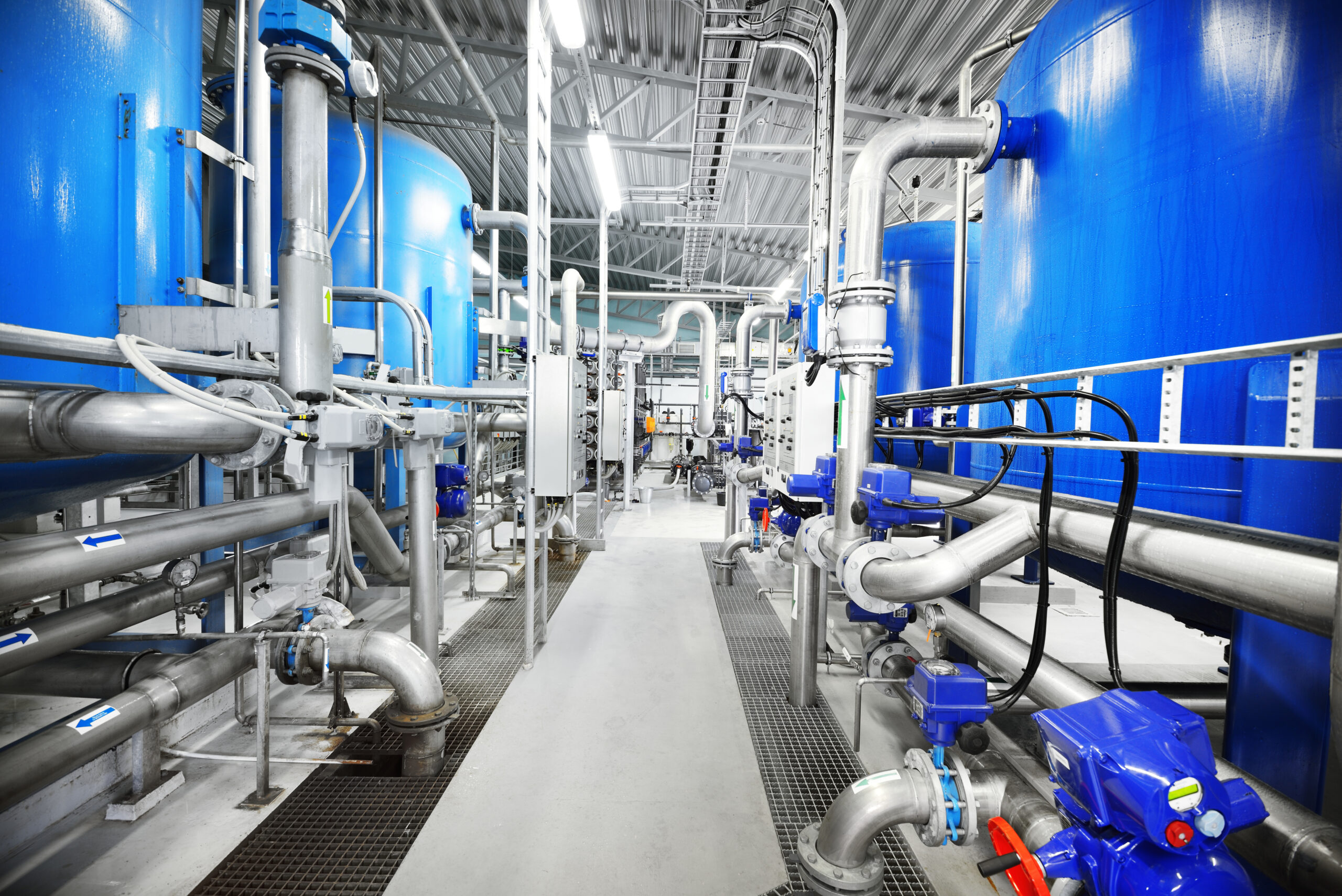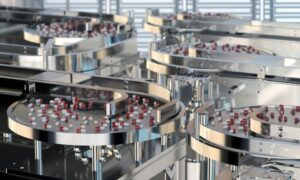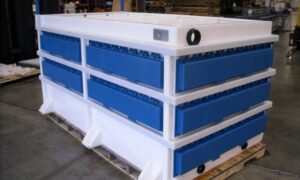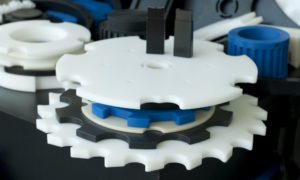In the quest for sustainable water treatment solutions, the role of plastic machining has become increasingly prominent. Engineers, environmentalists, and water treatment companies are all recognizing the importance of this process in creating components that are not only reliable and efficient but also environmentally friendly. This exploration into the role of plastic machining in the water treatment industry aims to shed light on its contributions to environmental sustainability and technological advancement.
Understanding Plastic Machining
Plastic machining refers to the process of sculpting, cutting, and shaping plastic materials into precise components used across various industries. Plastic machining requires specialized tools, knowledge, and techniques to accommodate the unique properties of plastics. This process is essential for creating high-quality, durable parts that can withstand harsh environments, chemicals, and wear and tear—characteristics often required in the water treatment sector.
The Value of Plastic Machining in Water Treatment
Water treatment facilities face the challenging task of recycling and purifying water to meet environmental standards and ensure public health and safety. The demand for components that can endure the aggressive chemical treatments used in these processes without corroding is significant. Here, plastic machining steps into the spotlight, offering a multitude of benefits.
Corrosion Resistance
One of the primary advantages of utilizing machined plastics in water treatment is their inherent resistance to corrosion. Unlike metal parts that can rust or degrade when exposed to chemicals, plastic parts maintain their integrity, ensuring the long-term reliability of water treatment systems.
Cost-Effectiveness
Plastic components, compared to their metal counterparts, can be more cost-effective to produce, especially in small to medium-sized production runs. Their lightweight nature also reduces shipping and handling costs, making them an economical choice for water treatment applications.
Design Flexibility
The versatility of plastics allows for greater design freedom. Engineers can develop custom plastic parts that precisely meet the unique specifications of water treatment systems. Advanced plastic machining techniques ensure that manufacturers can produce even the most complex parts with high accuracy and repeatability.
Environmental Impact
Critics often deride plastics for their environmental footprint. However, when used in the context of water treatment, machined plastics can contribute positively to environmental sustainability. By enhancing the efficiency and durability of water treatment plants, these components help conserve resources and reduce waste.
The Future of Water Treatment and Plastic Machining
The synergy between plastic machining and water treatment is poised to grow stronger as global water scarcity and environmental concerns drive the demand for more innovative and sustainable solutions. By leveraging the capabilities of advanced machining techniques and materials, the water treatment industry can continue to improve the efficiency and sustainability of its processes.
Plastic machining plays a pivotal role in the advancement of water treatment technologies. Its contributions to creating durable, efficient, and cost-effective components are invaluable, addressing both the technical challenges and environmental responsibilities faced by the industry.
For engineers, environmentalists, and water treatment companies, the message is clear: investing in and advancing the capabilities of plastic machining is not just beneficial but essential for the health of our planet and its people.




